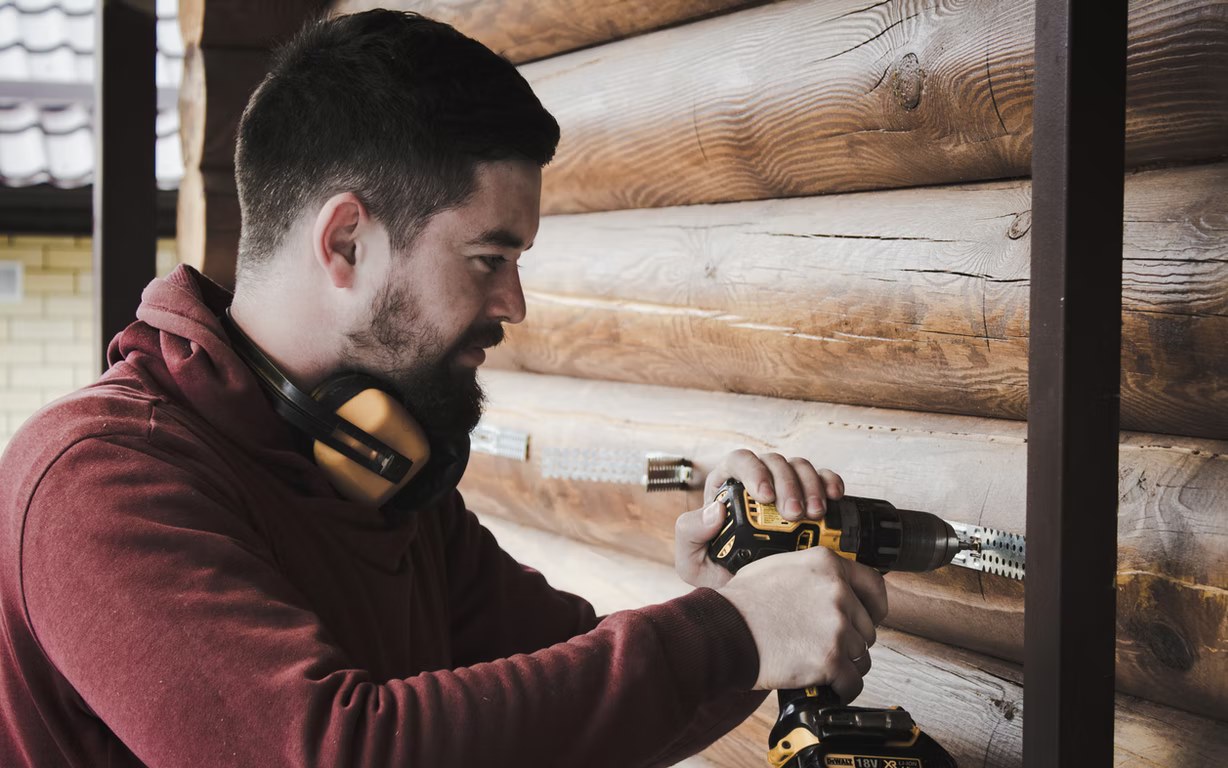Have you ever wondered why some piece of equipment you bought a while ago is still collecting dust on the shelf? You probably purchased a tool you don’t know how to use or lack the required experience to handle it. In some cases, you mistakenly got a tool that doesn’t fit your style.

When any of these happens, the money you spend purchasing those tools is a waste. To avoid this, you need to be adequately educated about any tools you want to buy, including their application, maintenance, and repairs.
Handyman Guides will help you make the best choice of tools for any project. Below are some tips before you move on with that next purchase.
You don’t want to make the mistake of buying a tool you know little or nothing about. Then you use it for a while, find faults, and search the internet for solutions. Of course, you’ll find comments about the tool when searching for answers, including negative and positive ones.
To avoid the disappointment that comes with suffering regrets after a purchase, you should do that Google search first. To get honest reviews about any product, prevent the product’s website and other sites that are affiliated with the company.
Some group review sites will give you the best feedback about any product from people who have used the product before.
Read Also:
An electric sander machine will help you do a quicker job than hand-held sandpaper. However, the sander machine in inexperienced hands will damage the finished woodwork with dents. The same logic applies to any tool you might want to use for any job, be it carpentry or masonry.
Before selecting or purchasing tools, you must have at least a basic knowledge of the tool. This knowledge helps you utilize the tool effectively and minimize the risks of accidents. Stick to the simple tools if you don’t know how to use sophisticated ones.
If you’re doing large-scale jobs that require urgent deliveries, you’d need tools that make you complete the jobs faster. In that case, automated tools are better preferred over manual tools.
In addition to the speed automated tools provide, they also provide a finer finish for your work.
However, you can easily damage your work with automated tools if you lack the required skill set to handle them. Since automated tools are usually very fast, the chances of mistakenly allowing the task to slip out of control are high. Therefore, you need to be more cautious when handling such tools.
Many are times when people pick tools that are either overkill for the work at hand. At other times, they pick tools that don’t meet the least requirements for the job. All of these points down to one factor – inadequate knowledge of the job at hand.
Understandably, having such knowledge comes with years of experience in the field. So, if you’re still new on the job, watch YouTube tutorials. You can also ask your superiors or other experienced persons in the field.
You don’t want to buy a sledgehammer only to realize that you need a simple hammer later.
Another vital thing to consider when choosing your ideal tools is the features they come with. Some essential features to look out for are the material they are made of, the tool’s portability, storage, and power source.
If you’re working in an environment with a limited power supply, you must make sure your tools have features that enable them to last for long without needing an external power source. Tools that are portable and allow for easy movement are ideal if you’re a mobile worker.
We hope the tips provided above will help you avoid the rigors of making bad tool choices. Before picking tools for any job, take the time to understand the requirements for the job. Also, make sure the tools have features that make them ideal for the job at hand.
If you’re about to make a purchase, take some time to read honest reviews about the tool and the producing them. Furthermore, make sure you have the skills required to use the tools.